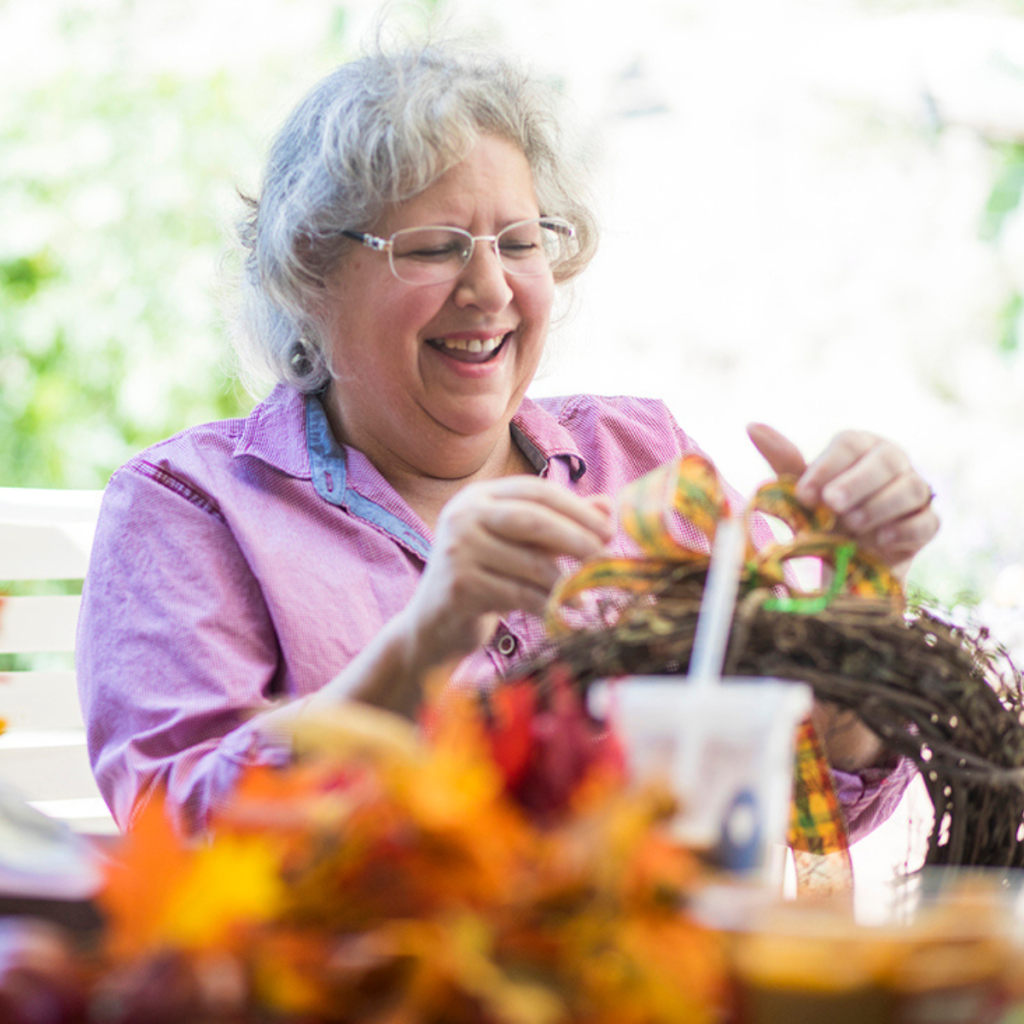Adult children’s feelings about moving their parents to assisted living can vary widely depending on the circumstances and individuals involved. Some may feel guilty about moving their parents to assisted living because it feels like they are abandoning them. They may question whether they are doing the right thing. Others may feel relief that their parents are going to a place where they can receive professional care and support, especially if they struggle to provide adequate care at home.
Regardless of the myriad of mixed emotions involved, this significant life change will almost certainly impact the relationship between parents and children. Here’s what you might expect if you are moving your parents to assisted living in Colorado Springs or any other location.
Moving Parents Can a Big Step
 Moving a parent or parents to an assisted living community is a big step. It’s essential to recognize that the effect of this change can vary greatly depending on the individual circumstances, the personalities and dynamics involved, and the quality of the assisted living facility.
Moving a parent or parents to an assisted living community is a big step. It’s essential to recognize that the effect of this change can vary greatly depending on the individual circumstances, the personalities and dynamics involved, and the quality of the assisted living facility.
The following are some of the ways adult children may expect the transition to affect their relationship with their parents:
- Emotional impact. This transition can be emotionally challenging for both you and your parent(s). Your parents may feel a sense of loss of independence and privacy, leading to frustration, or sadness. As their child, you may also feel guilty or sad about not being able to care for them at home. You may question whether or not you are doing the right thing.
- Change in roles. Your role may shift from being a caregiver to being an advocate or companion for your parents. It’s common to feel sadness about the changes in the family dynamic. You may mourn the loss of having their parents at home and how things used to be. You’ll still play an essential role in their life, but it may differ from before.
- Communication. Open and honest communication is key during this transition. Discuss expectations, visitation plans, and how you can continue to provide emotional support for your parent(s). Regular communication can help maintain a strong bond.
- Relationship strain. In some cases, the pressure of caregiving may have led to tension or conflicts in your relationship. Assisted living can alleviate some of this stress, but healing and rebuilding your relationship to a new “normal” may take time. It may also take time for both you and your parent(s) to adjust to the new living arrangement. Be patient and understanding during this period of transition.
- Quality time. Assisted living communities like the Retreat at Sunny Vista provide professional care and support for seniors who need assistance with daily activities. This can relieve you of the stress and responsibility of being the primary caregiver, allowing you to focus more on the quality of your interactions with your parent(s) rather than the logistics of caregiving. With the caregiving burden reduced, you may be able to spend more quality time with your parent(s) doing enjoyable activities rather than focusing solely on their daily needs. Be consistent in visiting your parents and try to make visits enjoyable experiences for all involved.
- Time and independence. Moving your parent(s) to assisted living can free up more of your time and allow you to reclaim a degree of autonomy in your own life that may have been missing. This can be a positive change, as it can help you avoid burnout and give you more time to maintain your own health and well-being.
Be sure to seek help from family, friends, or support groups who have gone through similar experiences. This can make you better able to cope with the emotional challenges as you navigate this new phase of your relationship.
The Importance of Mindset on Your Relationship

Many adult children grapple with a deep sense of apprehension and guilt when considering moving a parent to an assisted living community. They harbor concerns about their mom or dad experiencing isolation, fear, or abandonment. They question whether they are forsaking their duty to love and care for their parents. But too often, children focus on “putting” their parents into assisted living. This is a problematic concept because it reduces adults to objects to be placed somewhere. It’s essential to shift your perspective from this mindset.
Growing older doesn’t mean an individual no longer has the right to make decisions about their own life. Even when a parent has dementia or another debilitating condition, their preferences remain significant. When children are tasked with making decisions about where their parents will live, they must continue to respect their parents’ values and dignity. Redirect your thinking away from “putting” your loved one somewhere and toward identifying the best solution for the entire family.
Effective communication among family members is essential throughout this process. Engaging in open and candid discussions about your parents’ needs and desires, and the practical aspects of relocation can help alleviate some of these emotional burdens and lead to a decision that serves the best interests of both the parent and the family as a whole. Additionally, seeking guidance from professionals such as social workers or counselors can be invaluable in navigating the complex emotions and decisions that arise during this challenging time.
Assisted Living in Colorado Springs
Moving a parent to an assisted living community can have a mix of positive and challenging effects on your relationship. It’s crucial to approach this transition with empathy, open communication, and a focus on the well-being of your parent(s) while also taking care of your own needs. For more information on our affordable, maintenance-free assisted living community in Colorado Springs, contact us today.




